The music industry is undergoing a significant transformation with the advent of Artificial Intelligence (AI) tools, empowering ai musicians and producers alike. AI's capabilities in music creation range from composing melodies and harmonies to enhancing sound design and mixing, all through learning from vast musical datasets. These technologies are revolutionizing the creative process, democratizing access to advanced compositional techniques and enabling ai musicians to experiment with diverse genres and sounds. While offering opportunities, AI in music also raises ethical concerns about creativity, copyright, and the role of human artists, necessitating ethical navigation and open dialogue to ensure it augments rather than replaces human talent.
“Dive into the exciting world of AI music tools, revolutionizing the creative process for ai musicians and producers. This blog explores the profound impact of artificial intelligence on music creation, from composition to production efficiency. We uncover the secrets behind these innovative technologies, highlighting their vast potential while navigating ethical considerations. Discover how AI is reshaping the musical landscape, offering unprecedented opportunities for artists to express their creativity.”
- The Rise of AI in Music Creation: A New Era for Musicians
- Understanding AI Music Tools: Unlocking Creative Possibilities
- Enhancing Musical Composition: AI Techniques and Their Applications
- Production Efficiency with AI: Streamlining the Recording Process
- Ethical Considerations: Navigating the Future of AI in Music
The Rise of AI in Music Creation: A New Era for Musicians
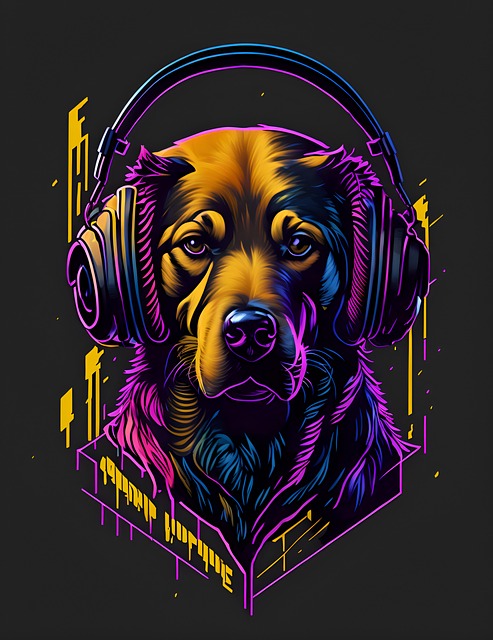
The music industry is witnessing a groundbreaking transformation with the advent of Artificial Intelligence (AI) tools, opening up new creative avenues for ai musicians and music producers alike. AI’s entry into music creation has sparked excitement and curiosity among artists, offering unprecedented possibilities for composition, production, and experimentation. This revolutionary technology is no longer a concept of science fiction but an integral part of the modern musical landscape.
AI-powered music tools have evolved to assist musicians in various ways, from generating melodic sequences and harmonic structures to enhancing sound design and mixing processes. These tools learn from vast datasets of existing music, enabling them to create original compositions, adapt styles, and offer personalized suggestions tailored to individual preferences. As a result, ai musicians can explore new creative territories, streamline their workflows, and push the boundaries of musical expression, marking a new era in music production.
Understanding AI Music Tools: Unlocking Creative Possibilities
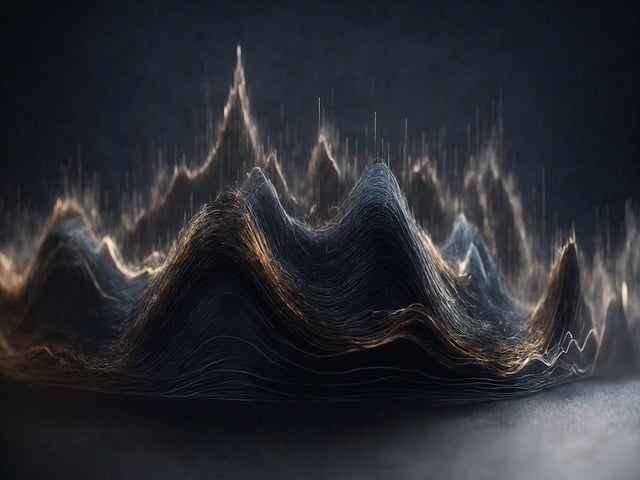
AI music tools are transforming the creative landscape for ai musicians, opening doors to endless possibilities. These innovative technologies leverage machine learning algorithms to compose, arrange, and enhance music, offering a new dimension of artistic exploration. By analyzing vast datasets of existing music, AI models can generate original melodies, harmonies, and even entire songs, providing a valuable resource for composers and producers alike.
For ai musicians, the benefits are profound. AI tools can expedite the creative process, offering inspiration and suggestions that can be tailored to individual styles. They democratize music production by making advanced compositional techniques accessible to those without formal musical training. Moreover, these tools allow musicians to experiment with diverse genres and sounds, pushing artistic boundaries and fostering a vibrant new wave of musical expression.
Enhancing Musical Composition: AI Techniques and Their Applications
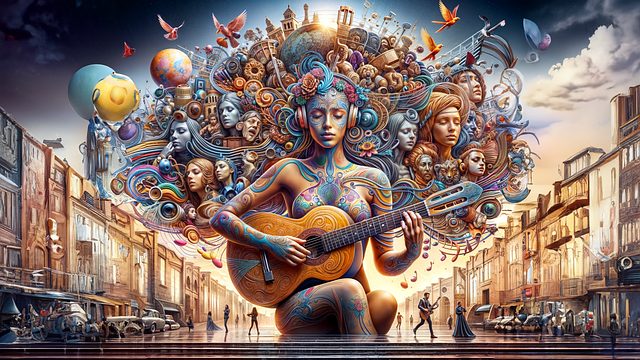
Artificial Intelligence (AI) is transforming the music industry, offering exciting possibilities for both amateur and professional ai musicians. AI techniques can enhance musical composition by analyzing existing songs to identify patterns, styles, and structures. These insights enable composers to create unique pieces that blend their personal style with structured elements, leading to more diverse and innovative musical expressions.
For instance, generative adversarial networks (GANs) can compose entirely new music in various genres, while AI-powered music production tools assist in tasks like automatic arrangement, chord progression generation, and even creating custom soundscapes tailored to specific moods or themes. These tools democratize music creation, allowing ai musicians to focus on the creative aspects of their craft while leveraging advanced algorithms for enhanced productivity and inspiration.
Production Efficiency with AI: Streamlining the Recording Process
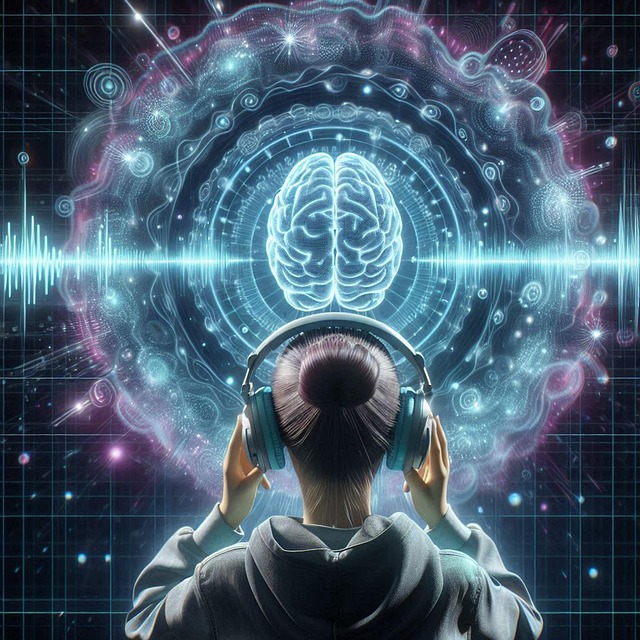
Ethical Considerations: Navigating the Future of AI in Music
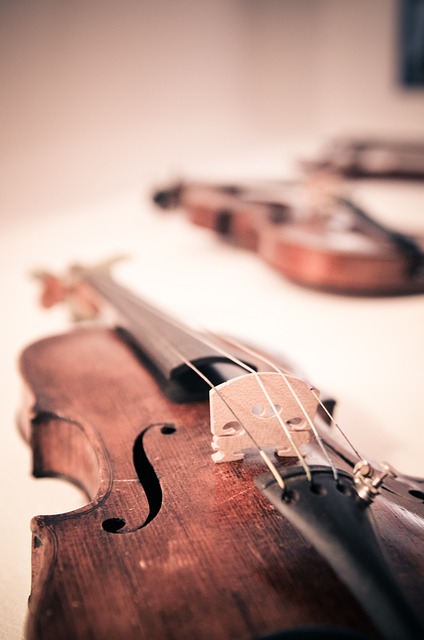
As AI continues to revolutionize the music industry, it’s crucial for both ai musicians and creators to consider the ethical implications of this technology. The future of AI in music brings exciting possibilities, from automated composition to enhanced sound design. However, it also raises important questions about creativity, authorship, and the potential displacement of human artists. It’s essential to navigate this landscape with sensitivity, ensuring that AI tools augment rather than replace human talent and that the rights and recognition of ai musicians are protected.
The development and adoption of AI music technologies should be guided by principles of fairness, transparency, and accountability. As we move forward, fostering open dialogue between developers, musicians, and listeners is vital to shaping a future where AI enhances musical expression without undermining the human spirit behind it.
The integration of AI into music creation has opened up a world of opportunities for ai musicians, revolutionizing both the creative process and production efficiency. From enhancing composition techniques to streamlining recording, AI music tools are reshaping the industry. As we navigate this new era, it’s crucial to balance innovation with ethical considerations, ensuring a responsible and inclusive future for all ai musicians. This blog has served as a comprehensive guide, offering valuable insights into the vast potential of AI in music production.
